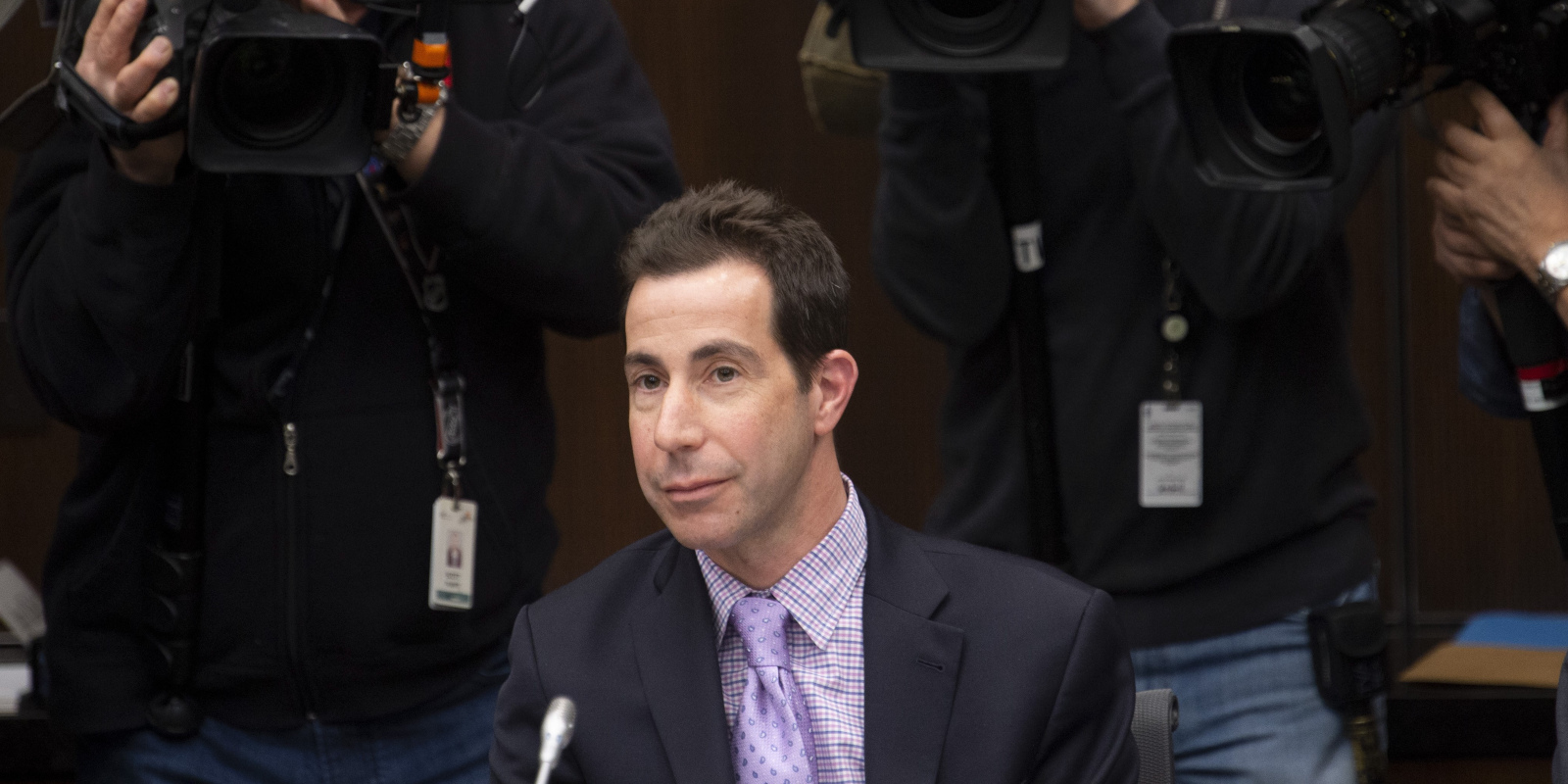The government’s online streaming legislation will negatively impact Canadian new media content creators that are already successful without government intervention, argued prominent Canadian YouTuber and columnist J.J. McCullough at a committee hearing in Ottawa on Wednesday.
“I think the great thing about YouTube and new media is that it allows Canadians to create the kind of content they want, for a market they believe exists,” said McCullough. “They sink or swim based on the popularity of that.”
McCullough compared the government promoting Canadian content to protect it from foreign influences to the rhetoric of authoritarian regimes, arguing that a democratic country like Canada implementing such measures could be copied by those same authoritarian governments.
Liberal MP Anthony Housefather questioned the comparison, pointing out that critics don’t usually get a platform, like a committee hearing, to criticize government legislation in authoritarian regimes. In a brief back-and-forth, McCullough responded by criticizing the federal government’s intention to decide what content should be promoted to Canadians.
The committee gathered to hear witness testimony on the bill, which is intended to amend the Broadcasting Act to compel companies like Netflix and YouTube to promote Canadian content, pay into the Canada Media Fund or face stiff financial penalties for failing to do so. YouTube could be forced to recalibrate its algorithms in favour of Canadian content for Canadian users.
Speaking for the Public Interest Advocacy Centre (PIAC), John Lawford said that extending financial support requirements for streaming services like Amazon, and popular social media platforms, is supported by Canadians. However, Lawson called for amendments, stating Bill C-11 goes too far by allowing the Canadian Radio-television and Telecommunications Commission (CRTC) to set financial obligations for all distributors.
Lawson said he supported an exemption for undertakings falling beneath a revenue threshold of $150 million. Furthermore, Lawson cautioned against aggressively promoting Canadian content.
“Consumers naturally resist the insertion of CanCon into automated plays, or algorithmic suggestions, of platforms such as YouTube,” said Lawson. “Digital-first creators are concerned that such discoverability tools will backfire.”
Maria Boltman, director of FRIENDS (formerly Friends of Canadian Broadcasting), said she supports the bill, although she considers it imperfect. Without action, Boltman said foreign tech giants would decide both how Canadian stories are told, and who tells them. Boltman also said those companies don’t pay a fair amount into Canada’s cultural structures and systems.
“With the adoption of Bill C-11, we as a country will finally send a long-overdue notice to these foreign tech giants that their rent is due,” said Boltman. “But we cannot stop there, Bill C-11 must prioritize Canadian ownership and control of our broadcasting system, as well as the content created to serve it.”
Towards the end of the committee’s time, McCullough highlighted the advantages enjoyed by Canadian YouTube content creators, compared to the bureaucracy of traditional media broadcasting, whose representatives made up most of the witness panel.
“I wish we could just erect a big wall between old media and new media,” said McCullough. “They’ve got all these requirements for CanCon that they have to navigate, it just seems like such a stressful, painful word.”
Recommended for You

Ginny Roth: How vacant liberal nationalism left Canada worse off than George Grant even imagined

Peter Menzies: Justin Trudeau’s legislative legacy is still haunting the Liberals

‘Our role is to ask uncomfortable questions’: The Full Press on why transgender issues are the third rail of Canadian journalism

Need to Know: Mark Carney’s digital services tax disaster




